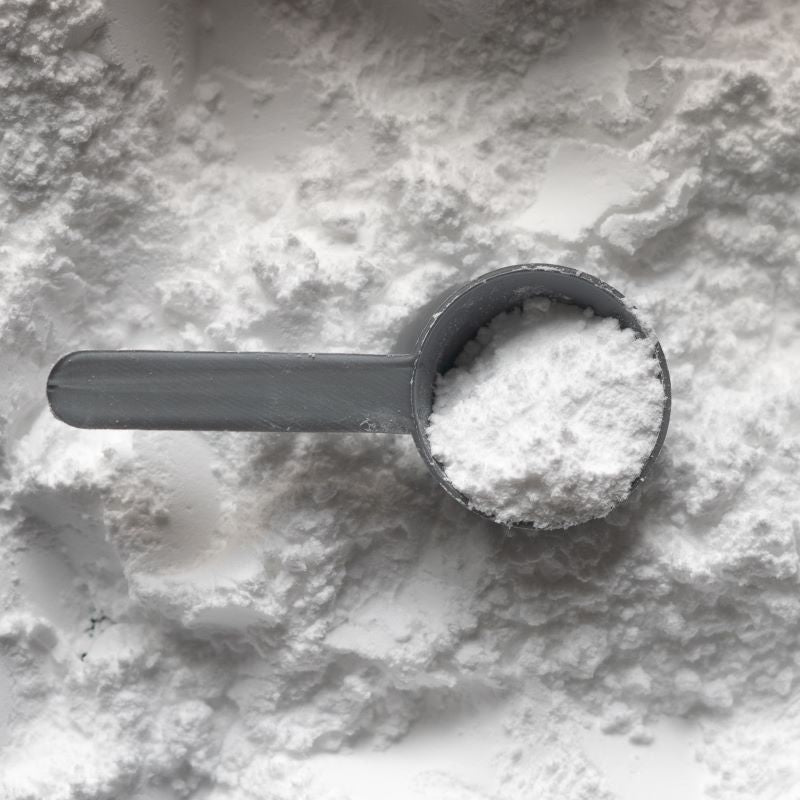Creatine: From Theory to Practice - What Science Tells Us
Creatine is a much-discussed molecule, particularly in topics related to exercise and supplements. However, it's also an important endogenous component of the human body, which is worth understanding.
What is creatine?
Creatine is a molecule that is both produced by the human body (specifically in the pancreas, liver and kidneys), and can also be acquired through food, especially through the consumption of red meat and seafood.
In our bodies, approximately 95% of creatine is stored in skeletal muscle tissue, associated with voluntary muscle contraction. [1]
What is the function of creatine?
Creatine is primarily involved in the energy processes of our cells. It plays an important role in ensuring energy availability. Knowing this, we can understand why it's such an important molecule in sports. It's primarily during physical exercise that greater amounts of energy are required, which is partly provided by creatine. [2]
Is creatine supplementation safe?
Given its potential to ensure energy availability, creatine has been extensively studied as a supplement. In fact, since the early 1990s, when creatine supplementation began to gain prominence, thousands of scientific studies have been conducted to assess its safety and potential adverse effects.
Currently, the only consistently reported adverse effect is possible transient weight gain. Claims that creatine use increases the incidence of musculoskeletal injuries, promotes kidney dysfunction, causes gastrointestinal problems, muscle cramps, and many others have been refuted over the past few years.
Such observations have been verified not only in the sporting context, but also in clinical situations where creatine supplementation may have a positive impact. [1]
How do I know if I should supplement?
Although the most robust scientific evidence presents very positive results, the need to start creatine supplementation, and even its impact, varies from person to person.
Therefore, supplementation of any compound should be done under the supervision of a health professional, ensuring that you are making the most appropriate choices tailored to your individual needs.
References:
[1] Kreider, R.B. et al. (2017) 'International Society of Sports Nutrition Position Stand: Safety and efficacy of creatine supplementation in exercise, sport, and medicine', Journal of the International Society of Sports Nutrition , 14(1). doi:10.1186/s12970-017-0173-z.
[2] Ostojic, S.M. and Forbes, S.C. (2022) ‘Perspective: Creatine, a conditionally essential nutritional: Building the case’, Advances in Nutrition , 13 (1), pp. 34–37. doi:10.1093/advances/nmab111.

